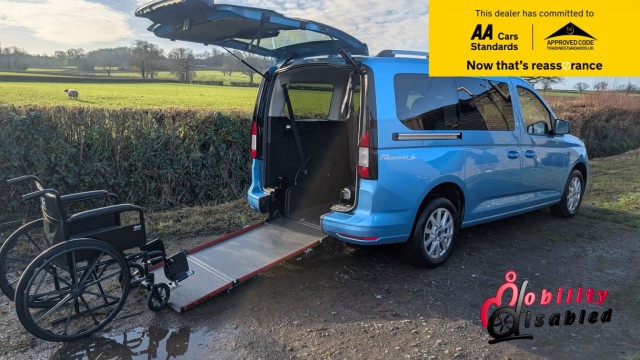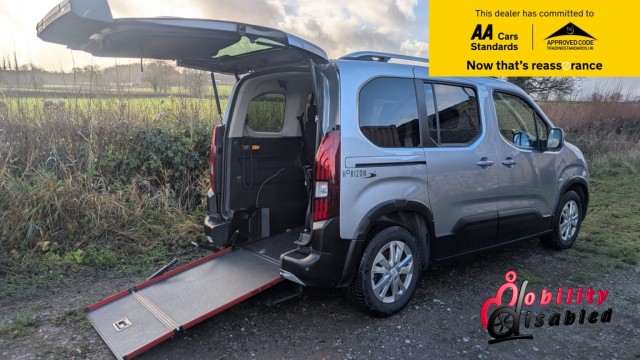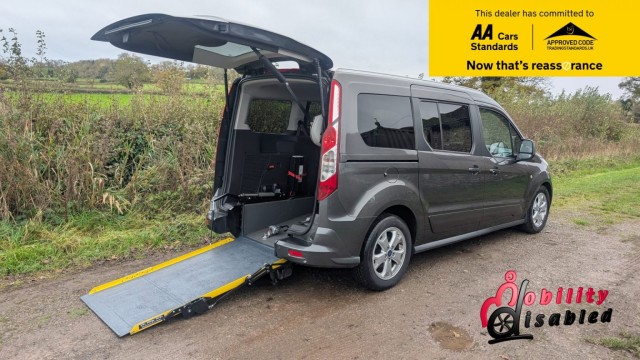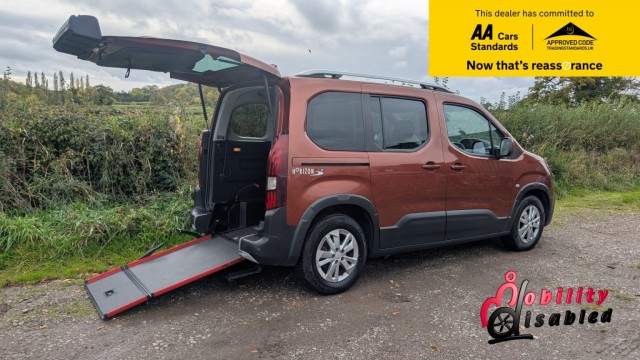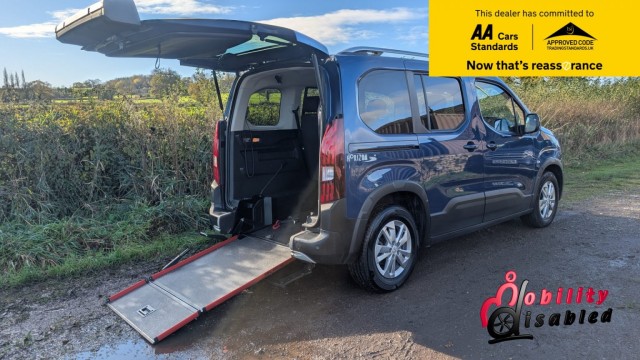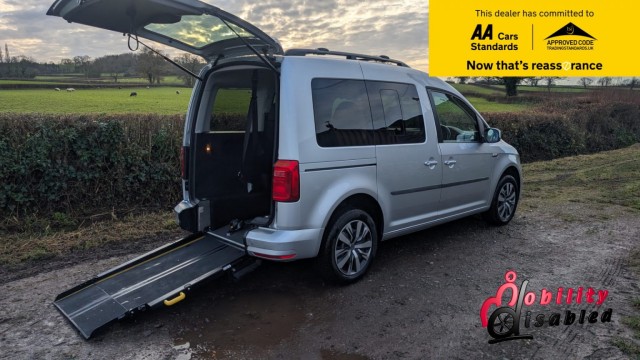Driving Licence Codes and Disability Vehicles
Whether you’re nearing the age of 70 or managing a physical disability, driving licences may come with specific codes that indicate required vehicle modifications. These modifications, like adapted steering, pedals, or clutches, are designed to ensure drivers with physical impairments can safely operate their vehicles. Learn about the DVLA codes, how to request a driving assessment, and the essential modifications that could make a difference in your driving experience.
What are Driving Licence Codes?
You may have noticed on the back of your photocard driving licence that you have various codes which refer to the vehicles that you are able to drive. There are also codes which relate to specific mobility or physical issues and the subsequent modifications that are needed on the disability vehicles for you to be able to drive. These driving mobility codes must be met so that you can safely operate your vehicle.
DVLA have a list of codes available for you to view.
Some examples of these codes include:
- 40 - this indicates a modified steering is required
- 15 - this indicates a modified clutch is required
- 31 - this indicates pedal adaptations are required
How to Request a Driving Assessment
If you have suffered from long-term effects of illness, accident, or had an amputation that has resulted in you being unable to drive a standard car or vehicle, even those individuals with MS, Parkinson's, or Cerebral Palsy can be assessed for their driving ability. You may request a driving assessment at one of the many centres across the UK. They have a number of vehicles and training pods with various adaptations for you to try out. They can determine what is the safest way for you to drive and what adaptations are required for you to achieve this. The assessment centres are supported by the transport department of the UK Government. Learn more about Driving Mobility and their services.
It is important for DVLA to be updated and informed of any changes in your physical ability to drive. It is also important that you ensure you are driving with the restrictions in place on your chosen disabled vehicle, as this can impact your insurance and have legal implications.
It's important to note that these codes can vary depending on the specific needs of the driver, and the DVLA may require additional information or medical clearance before adding these codes to a license. Drivers with disabilities should consult with the DVLA to determine the appropriate mobility code for their situation.
Customer Reviews
Hi Claire and Peter Thank you so much for the beautiful flowers! I visited my mum this morning and we were both gobsmacked at your kindness, such a ge... Read More
Angela & Mary
Dear Claire and Peter Being able to see and test-drive a range of WAV cars enabled us to make an informed choice when looking for a vehicle that suite... Read More
Fred Ward and Diana Humphrey
Dear Claire and Peter, Thank you for your wonderful service and the vehicle, which you delivered in very good time. The car is fantastic and has made... Read More
Wendy and Michael
Thank you so much for the flowers there are gorgeous especially now they have started to open. It was a lovely surprise to receive them. Thank you so... Read More
Phil & Sheilagh
Hi Claire and Peter Thank you so much for the flowers you kindly sent Chris and I, such a lovely thought. Our new vehicle is a game changer for us bot... Read More
Deb and Chris.
Dear Peter and Claire, Thank you so much for the beautiful flowers that you sent us. They were a lovely surprise! The WAV has made such a difference t... Read More
Rubyn and Olly
Dear Claire and Peter, What a lovely surprise to receive such beautiful flowers! Thank you very much. It has lifted our spirits on a dull day. It's al... Read More
Sandra and Pete
Our first time buying a WAV. Excellent service from initial enquiry to delivery. Website is clearly built and easy yo navigate. Phone line is really s... Read More
Richard Miller
A very friendly family run business with a great customer service and a very welcoming approach and nothing was too much trouble for them in fact pete... Read More
Kevin Mcnulty
I cannot recommend Mobility Disabled highly enough. We contacted them with no idea whatsoever about the vehicles and were quickly reassured by their p... Read More
Jane Harding
Excellent communication service and product.Highly recommend this company to anyone seeking a wheelchair adapted vehicle... Read More
Laurie Gascoigne
They are very pleasant, courteous and helpful. Circumstances meant we had to buy a WAV quickly and they helped in aiding this process without sales pr... Read More
Charlotte Hall
First class, friendly service. The garage offers a huge range of vehicles on the premises and the owners were happy to spend time explaining the featu... Read More
Ivor Isaac
very helpful, bought a Citron Berlingo adapted for my wheelchair and so far very happy with it. Also was sent some beautiful flowers as a thank you �... Read More
Kate Rees
Hi thanks very much for the gift you sent it means a lot to us and thanks for being patient and caring love the car and is preforming very good and th... Read More
Alan Ford
Very friendly and helpful team, with helpful advise. Show and guide on the different features so you can compare, and ensure they meet your needs. Off... Read More
H H
Excellent service from Peter and Clare. Peter bought the car to my home address in Bournemouth! He was well informed, calm and non pushy, allowing ple... Read More
Miss Brahms
Can’t speak highly enough of Kington Garage. Apart from the vehicle which is perfect for my Mum & Dad, the welcome we got along with the service was... Read More
Nick Greenway
Thank you so much for the proactive, responsive and supportive way you handled our viewings and sale. A very smooth and professional process throughou... Read More
Amjad Darr
Fantastic company family run buisness easy to deal with and excellent vehicle our vehicle come with a 12 month warranty with no additional charge wow!... Read More
John Smith
Contact Details
Kington GarageKington Lane
Kington
Thornbury
Bristol
BS35 1NH 0333 200 8593 (local rate charges) 07305 049 640 sales@mobilitydisabled.co.uk

 Wheelchair CITROEN
Wheelchair CITROEN Wheelchair FIAT
Wheelchair FIAT Wheelchair FORD
Wheelchair FORD Wheelchair PEUGEOT
Wheelchair PEUGEOT Wheelchair VOLKSWAGEN
Wheelchair VOLKSWAGEN